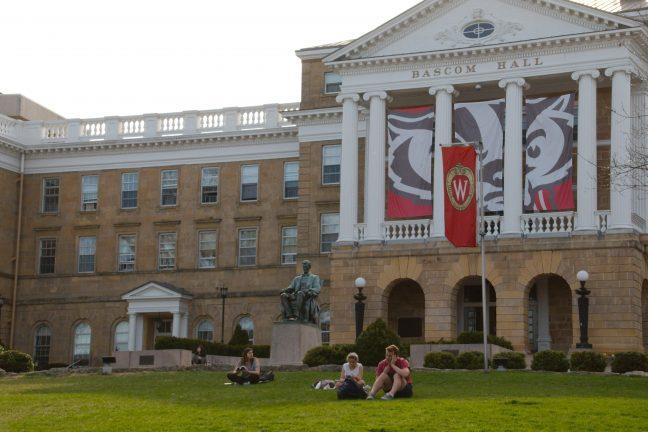Unionized trades workers at the University of Wisconsin are seeking approval for salary increases after a challenging negotiations process.
Prior to Act 10, trade workers received the prevailing wage rates for state workers, according to Dave Branson, the president and executive director of the Building and Construction Trades Council of South Central Wisconsin.
Now, the wages must be negotiated every year.
These wages are based on the Consumer Price Index. After ratification, any increases need to be approved by the legislative joint committee, according to UW.
“It has proved extremely challenging,” Branson said in reference to the negotiations process.
In early January, after these negotiations, a 2.13 percent increase was ratified. However, it is still waiting for legislative approval. While there have been periodic, marginal pay increases since 2013, lags stemming from negotiation has made it hard to keep wages comparable to other jobs within the state, Branson said.
Other UW employees twice received 2 percent raises in July and January, WSJ reported. Trade workers, however, continue to keep up with inflation rates to maintain a wage suitable for rising living expenses and employee benefit costs.
According to Branson, trade workers are $20,000 to $30,000 behind the private sector.
Before Act 10 was passed, wages differed based on rates in individual cities. Now there are only three groups — the state of Wisconsin, UW-Madison, and the UW System. Because of this distinction, raises for members within the UW System do not affect the rest of the state of Wisconsin, Branson said.
Wage increases for a particular sector do not necessarily result in a statewide increase, and because of weather and flooding difficulties this winter, many trade workers have exerted considerable effort to upkeep facilities throughout Wisconsin, WSJ reported.
“It hurts,” Branson said. “These guys are still craftsmen. I think it hurts the whole state.”


